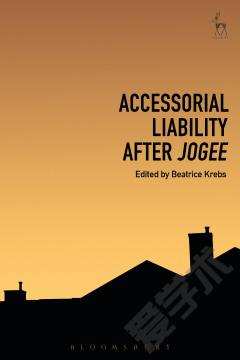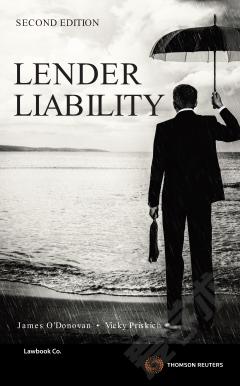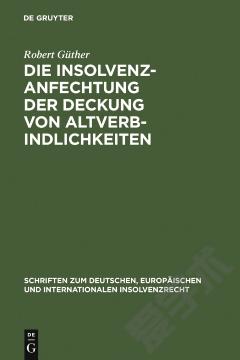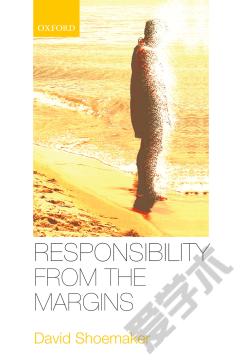Accessorial Liability after Jogee
In R v Jogee [2016] UKSC 8, the UK Supreme Court fundamentally changed the law of accessorial liability when it decided that the principles of joint enterprise had been misinterpreted for over 30 years. The Court abolished the head of liability known as parasitic accessory liability and replaced it with (re-stated) principles of assisting and encouraging. The judgment, widely reported and hailed as a 'moment of genuine legal history', sent shock waves around England and Wales as well as other common law jurisdictions that still operate 'parasitic' or 'extended' joint enterprise principles, and raised the hopes of hundreds of prisoners here and elsewhere who had been convicted under joint enterprise. This collection examines Jogee, subsequent Court of Appeal decisions and case law from other jurisdictions that re-considered their own joint enterprise principles in the wake of Jogee. Its chapters are authored by scholars and practitioners, all experts in the area of complicity, but each with their own experiences and views on the issues under debate. The result is the first comprehensive analysis of the implications of Jogee. The present volume is not just a source of reference for academics and practitioners; its aim is more ambitious in that it seeks to chart the way forward and to suggest solutions to problems created by Jogee for criminal law theory and practice.
{{comment.content}}








 京公网安备 11010802027623号
京公网安备 11010802027623号